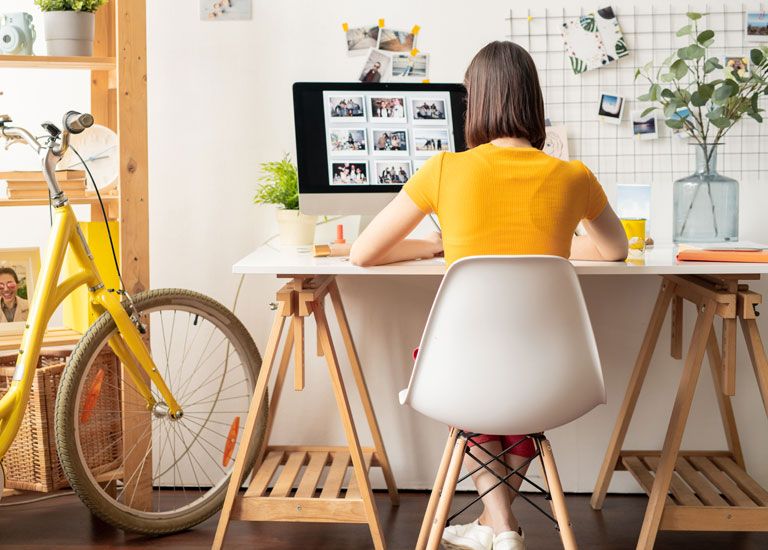

Let’s be straight. The idea of home working is nothing new. Bosses and staff have been toying with the concept for years – it just never really became mainstream. Until now.
This pandemic is responsible for resetting so many expectations and outlooks. And it has certainly proved the concept of home working, as a necessary expedient at first, but now as a realistic and attractive choice for many.
Little wonder a recent CIPD survey found nearly 40 percent of UK employees plan to continue regularly working from home once things have gone back to ‘normal’. No doubt. Home working is here to stay.
Leading local lender Reto Finance is starting to see the trend. While home finance applications initially slowed as lockdown started, enquiries are on the way up once more. One driver, CEO Adam Dawson is certain, are plans to create more adaptable living spaces – for both work and play.
‘Makeshift home office arrangements were all well and good when first going into lockdown,’ he explains. ‘But seconded dining tables, edge of worktop perches and occupied spare bedrooms are hardly ideal. Effective home working needs space, facilities and privacy. And it’s not just about productivity. We need to consider our health and wellbeing too. So, our clients thinking about working from home permanently are starting to think about the best permanent arrangements to allow this.’
Adam outlines three popular approaches. First is creating a dedicated workstation within an existing room. Second is converting a spare bedroom or similar space into a study. Last - and outside space permitting - is adding a purpose-built ‘garden room’, a choice that may suit other uses too.

‘The pandemic hasn’t just driven working from home,’ Adam continues, ‘but forced other normally face-to-face activities online too. Spaces created for work also make great exercise workout studios. Or perhaps for use as art and craft workshops. Online classes will continue being offered in the future – they may even become the ‘new norm’. So, people should think about creating some dedicated space allowing personal activities to take place without affecting the home use of everyone else.’
Ultimately, the choice of permanent homeworking arrangements will depend on individual requirements, the space available and affordability. Whatever the final choice, however, Adam hopes that people will commit to the best possible quality rather than short term expediency.
‘Being seriously committed to home working means making a serious commitment to home office facilities,’ he impresses. ‘It’s got to aid work and wellbeing. And potentially add long term property value too. Given the trend, future buyers will be drawn to houses with home working facilities. So, it makes sense to aim for the best arrangements you can afford.’
To help, Reto offers several home improvement finance packages starting with unsecured loans up to £50K and secured options for higher amounts. And, as Adam points out, the pandemic has underlined reasons for choosing an independent finance provider.
‘Our approach to lending has always been informal, flexible and timely,’ he explains, ‘meaning a straightforward application process and swift decision. With all the present unpredictability, people need certainty now more than ever. And Reto offers that to anyone thinking about investing in their property. Whether it’s for improved home working, more enjoyable home living, or replacing a kitchen, bathroom or bedroom. We’re all likely to spend more time at home for the foreseeable future – why not make the most of what we’ve got.’
To find out more about home working or home living improvement finance packages, visit www.retofinance.com, email info@retofinance.com or call 01481 886 900.
